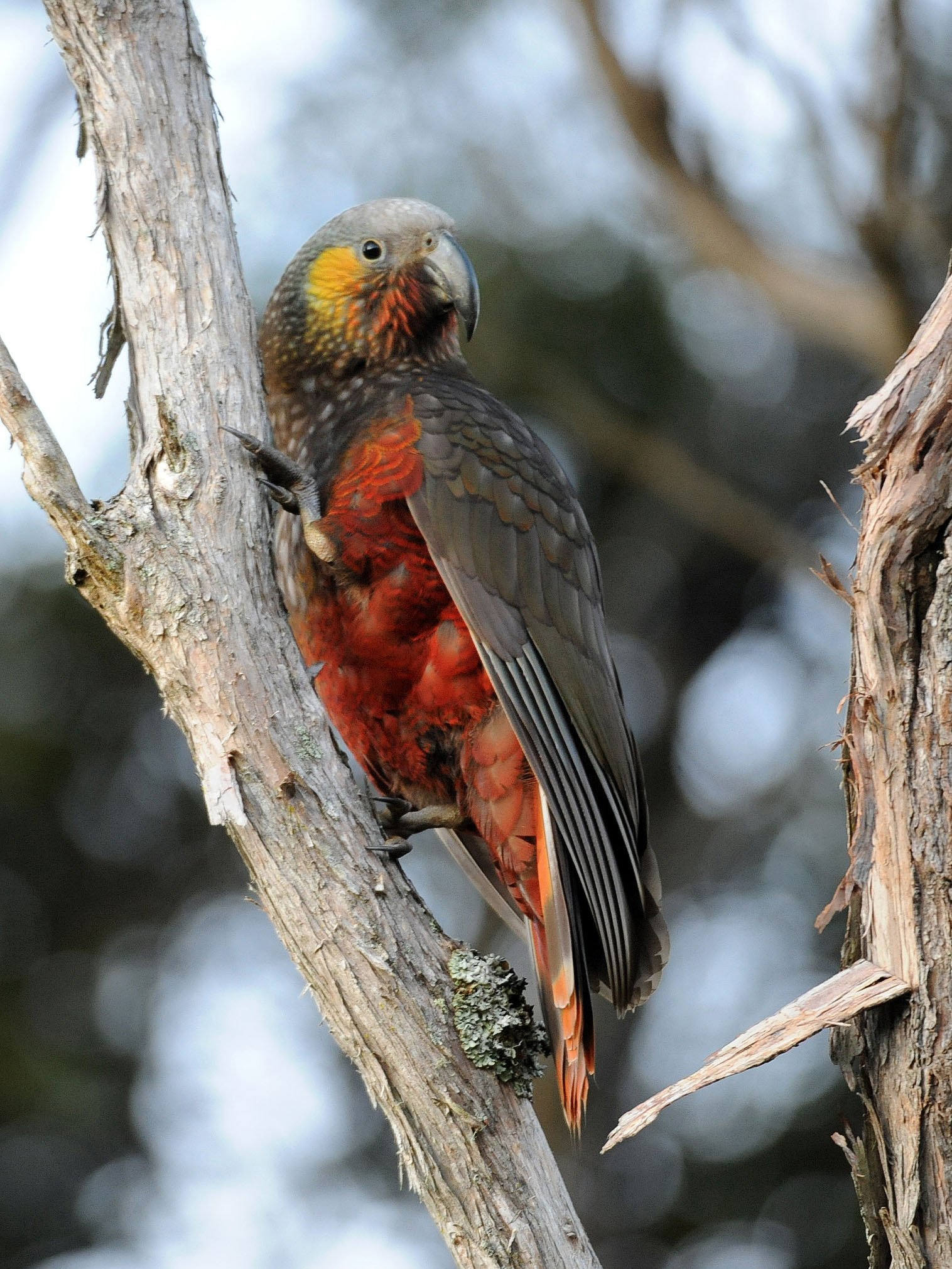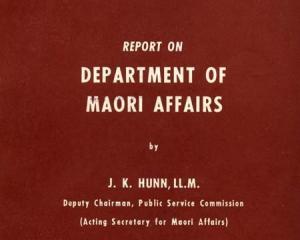Working in my garden over summer, I was surrounded by birdsong. I had been stuck in an urban jungle through the last weeks of December and birdsong provided a balm.
A cheeky blackbird kept me company, one beady eye on the lookout for any offerings of grass grubs or wire worms.

Occasionally I’d hear the raucous kākā, scoping out the neighbourhood or gambolling together in the eucalyptus. One day there will be clear running rivers and bush bursting with birdlife including the mischievous kākā, but will we still be around to enjoy it?
In amongst the pleasure of working in the garden, this existential question kept popping up. When we read the news, it’s hard not to despair at the resurgence of fascism and extreme right-wing politics at a time when we have so much opportunity to restore nature and the knowledge and tools to ensure everyone has enough to thrive.

‘‘Poorer countries do not have to follow the fossil fuel-heavy and unsustainable trajectories that rich countries did. They can leapfrog the centuries-long journey that we’ve taken. And they don’t have to sacrifice human wellbeing or access to energy. In fact, by adopting these technologies they can ensure that even more people have access to affordable energy.’’
Hannah’s data analysis reveals that positive change is under way, with real reductions in per capita emissions. Access to affordable low-carbon technologies like wind and solar power alongside the increasing cost of hard-to-extract fossil fuels, suggests a mode shift is inevitable.
My late friend and mentor Jeanette Fitzsimons often shared with me and others her experience of a social tipping point. Jeanette had been active as an anti-nuclear activist for years, without much apparent success. Then, after the 1984 snap election was called, the then Labour opposition proposed a popular platform against nuclear propulsion and weapons. By 1987 Aotearoa New Zealand had become Nuclear-Free.
A political space had opened up because of all those years of activist work in the community, those discussions in small groups, those letters to the editor, those networks, which together contributed to political change and allowed us to become a nuclear-free nation.
Something similarly important is under way here in Aotearoa right now. Last November representatives from Community Energy Network, Environment Hubs Aotearoa and the Zero Waste Network descended on Ōtepoti Dunedin for the annual ‘‘Strengthening Communities Hui’’, hosted by Aukaha (1997) Ltd. It was a powerful gathering, achieving consensus for joint projects to develop Māori and community energy.
In December I received a petition from 350 Aotearoa which I presented to Parliament calling for home-grown energy solutions and investment in affordable clean energy, with policies to provide for energy sovereignty.
In January, 12,000 people attended a nation-wide hui at Tūrangawaewae Marae, in Ngāruawāhia, to build national unity and hold the government to account, opening up conversations that continued through to the annual Rātana hui and will figure large at Waitangi.
Several years ago I had the pleasure of visiting Rotorua and meeting the movers and shakers behind Te Ara ki Kōpū, the Te Arawa Climate Change Strategy. Hapū and iwi ambition and leadership has enabled planning, and initiated projects to develop resilience to climate impacts. With a particular focus on energy initiatives, they are engaging proactively rather than waiting for government to act.
The momentum for change to achieve climate justice may not be immediately obvious, but it is widespread and growing exponentially. Like the author Hannah Ritchie, I see many many reasons to hope.
Meanwhile, the kererū are greedily eyeing up our ripening plums, while the tūī noisily dart about, chasing any kākā that get too close to their feeding spots. As I work in the garden, choosing delicacies for the friendly blackbird, I’m alert to the community of birds above, engaging in their aerial dance. It’s an aerial and audial delight I would like, one day, to be able introduce grandchildren to. The future is not fixed - it is ours to create.
Scott Willis is a Green Party MP. Each week in this column, writers addresses issues of sustainability.












